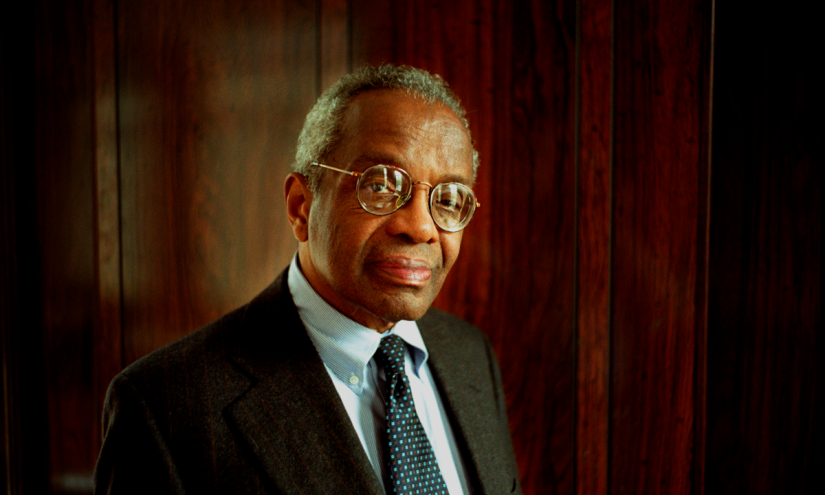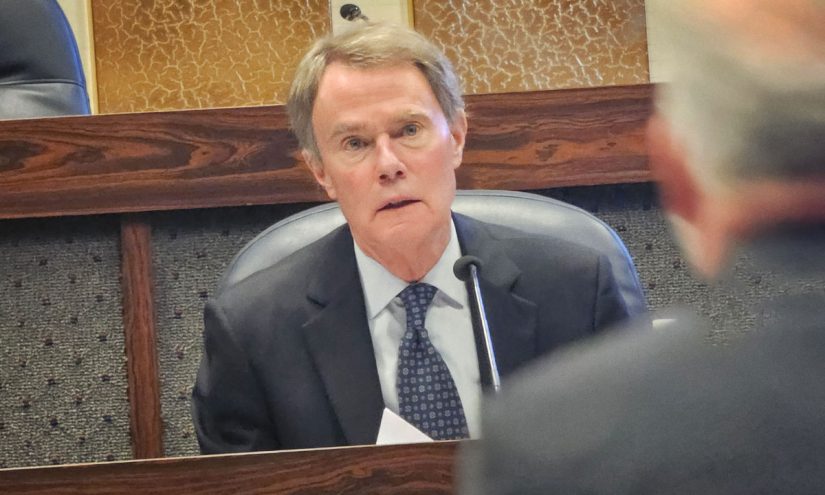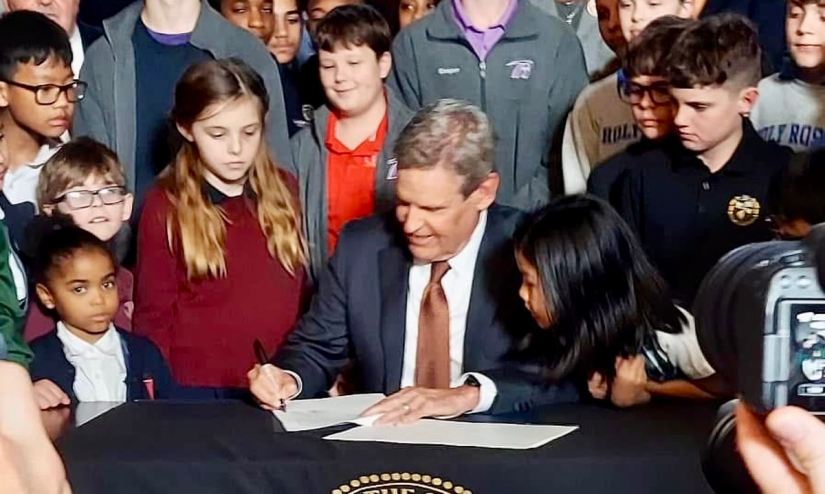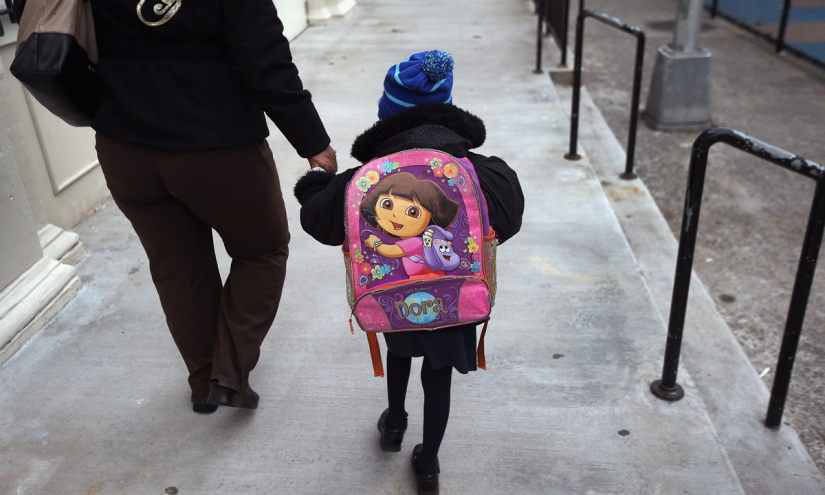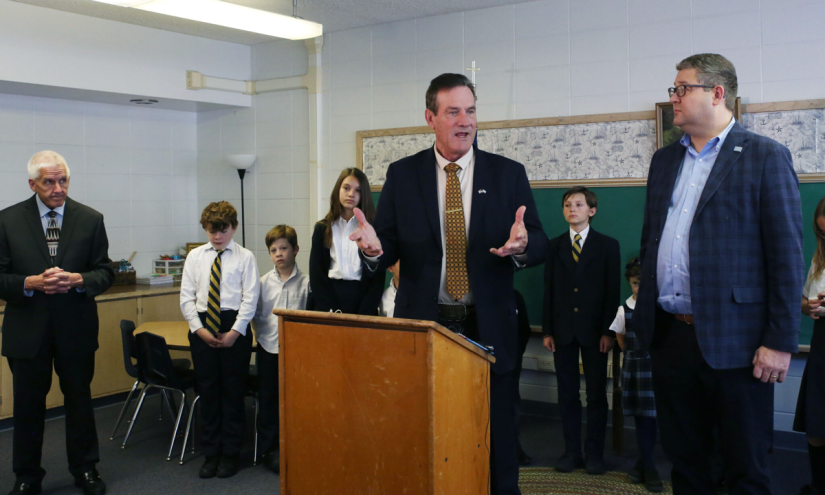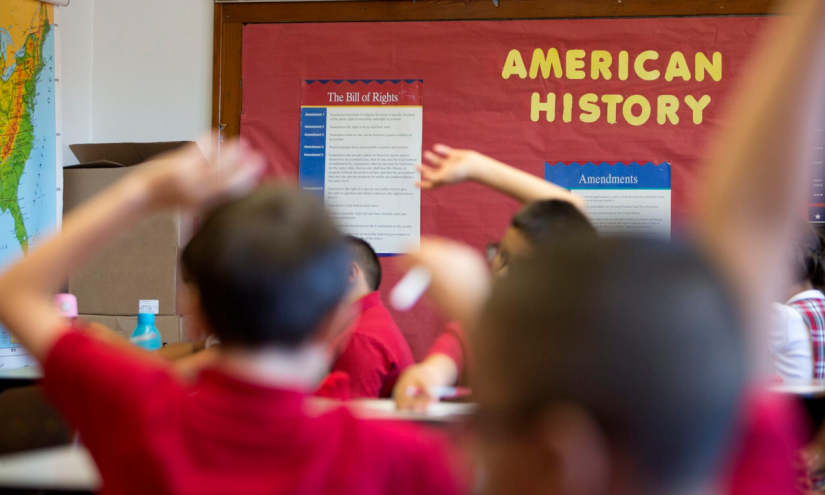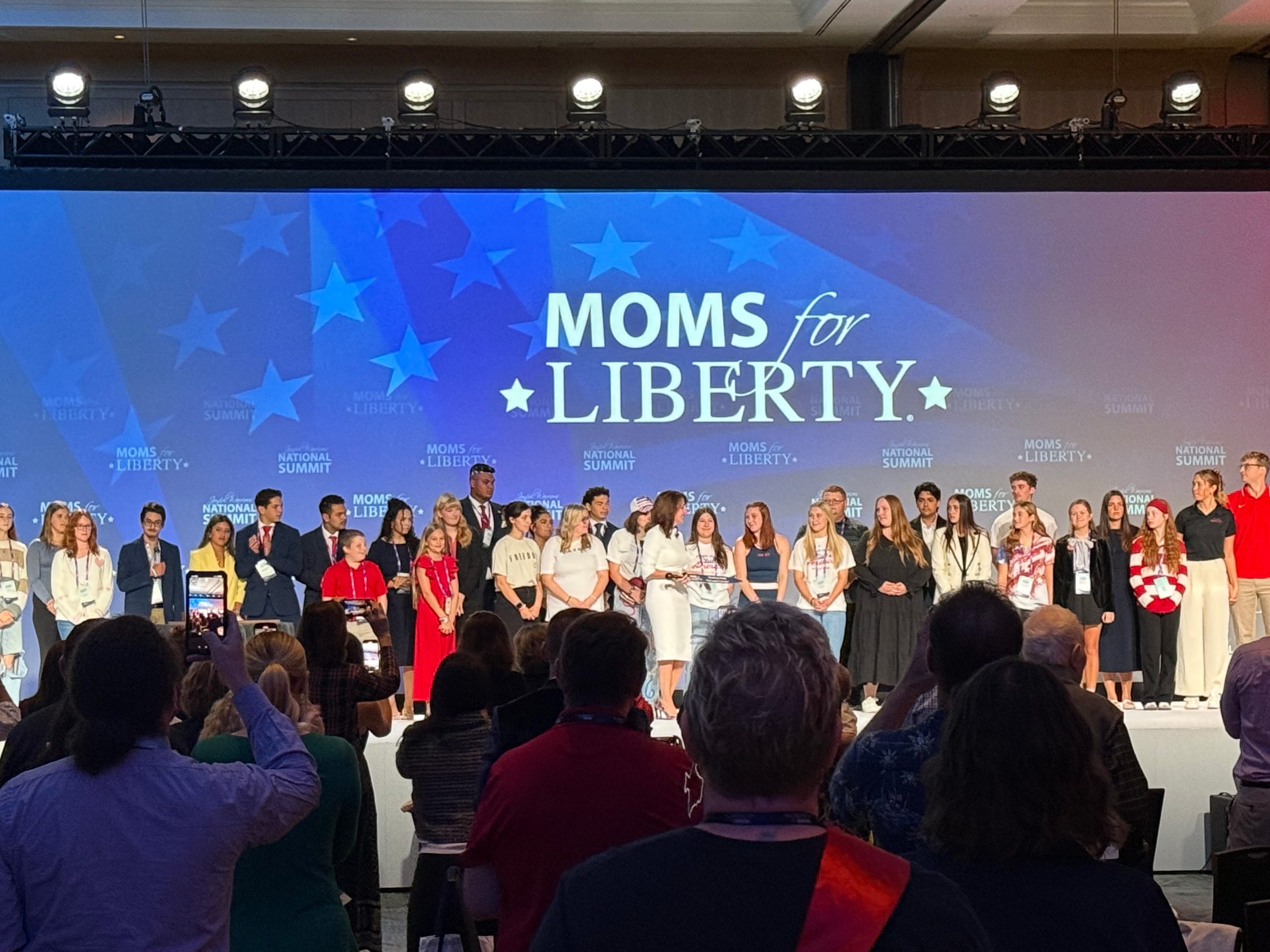In a journal devoted to U.S. education reform, some recurring themes in its content are expected: student achievement, curriculum, teacher effectiveness, school choice, testing, accountability. Other topics are more contemporaneous, reflecting the functional reality of American schooling in its present context. The latter group may capture just a moment in time and give future education historians a glimpse at what mattered to early 21st century reformers (and seem quaint in hindsight). It may also reflect prescient insights from leaders, thinkers, and scholars—contributions that document the early stages of a significant transformation in education policy and practice (and later be deemed ahead of their time).
What we can say confidently is that Education Next published a good mix of the classic and the contemporary in 2025, just as it has each year in its quarter century of existence. You can see for yourself below in our annual Top 20 list of most-read articles, which features an assortment of writings by researchers, journalists, academics, and teachers.
Among the traditional fare, readers turned to EdNext to keep apprised of developments in classroom instruction, from reading to literacy to history. They wanted to know if the U.S. might be better off evaluating schools using the European model of inspections rather than, or in addition to, student test scores. Amid ongoing debates about the merits of using standardized tests to gauge student preparation, readers were drawn to the findings of researchers in Missouri that 8th graders’ performance on the state’s MAP test are highly predictive of college readiness. In the realm of teachers and teaching, proponents of merit pay received a boost by an analysis of Dallas ISD’s ACE program, which was shown to improve both student performance and teacher retention in the district.
As for school choice, Education Next followed successes like the expansion of education savings account programs, the proliferation of microschools, and the federal scholarship tax credit passed by Congress as part of the One Big Beautiful Bill Act. But the stumbles of choice had more of a gravitational pull for readers. There were the defeats of private-school voucher measures in three states—continuing a long string of choice failures at the ballot box. There are the enrollment struggles of Catholic schools, which researchers found are impacted by competition from tuition-free charter schools. And just when Catholic and other private religious schools could have gotten a shot in the arm by being allowed to reformulate as religious charters, the Supreme Court deadlocked on the constitutionality of the question, leaving the matter to be relitigated for another day.
There was no shortage of timely topics that exploded onto the scene and captivated readers. American education is still grappling with the fallout from the Covid-era school shutdowns, now five years in the rearview. Many harbor consternation about the politics of pandemic closures, as demonstrated by the enthusiasm over a new book that autopsied the decisions of that era and the subsequent book review that catapulted onto this year’s list (an unusual feat!). And now there’s research to corroborate the disaster closures were for public education. Two Boston University scholars find evidence of diminishing enrollment in public middle schools, an indication that families whose children were in the early grades in 2020 are parting for the more rigorous shores of private choice. But the post-pandemic problems in schooling have not been uniform. In one of the most-read articles this year, founding EdNext editor Paul Peterson and Michael Hartney show how, based on recent NAEP results, learning loss was greater among students in blue states that had more prolonged school shutdowns than in red states that reopened more quickly.
Meanwhile, everyone in education circles continues to grapple with what to do about technology in the classroom. Two writers did so in our own pages, presenting opposite perspectives on Sal Khan’s prediction that AI will soon transform education with the equivalent of a personalized tutor for each student. And one of our favorite cognitive scientists gave readers a different way of thinking about how digital devices affect student attention.
It is perhaps fitting that our most-read article of 2025 was also the cover story of the last print issue of Education Next. (You can read more about our transition to a web-only publication here.) After Donald Trump reassumed the presidency this year and his administration enacted major reductions to the federal bureaucracy, several education-focused programs (and indeed the entire U.S. Department of Education) came under intense scrutiny. One target was Head Start, in part because Project 2025 called to eliminate the program on the grounds it is “fraught with scandal and abuse” and has “little or no long-term academic value for children.” Paul von Hippel, Elise Chor, and Leib Lurie tested those claims against the research and found little basis for them. Yet they also highlight lingering questions about the program’s impact on students’ long-term success—and opportunities to answer them with new research. As of this writing, the nation’s largest early-education program survives, but the sector is still watching and waiting.
And so are we all for what will happen next in education. Some issues captured by Education Next this year will continue into 2026. Some will flame out. And others that are unforeseen will arise. Readers can depend on Education Next to lean into all the twists and turns that come in the year ahead.
The full top 20 list is here:


